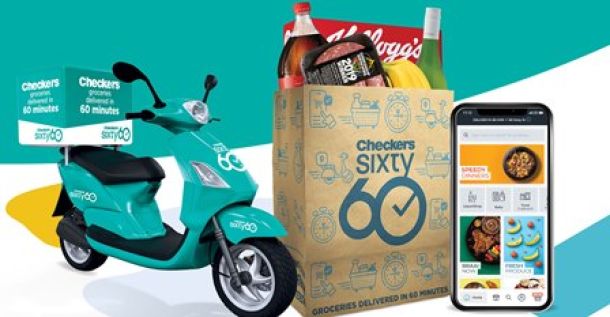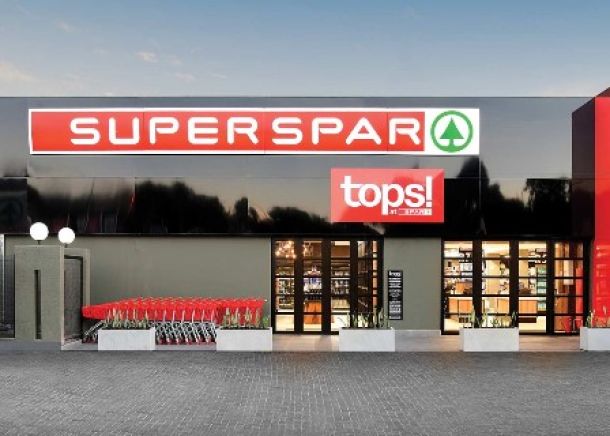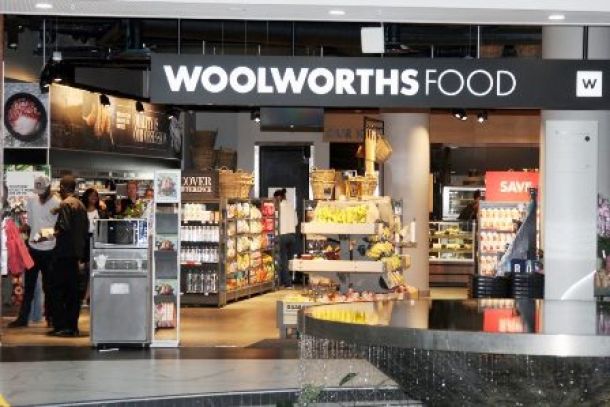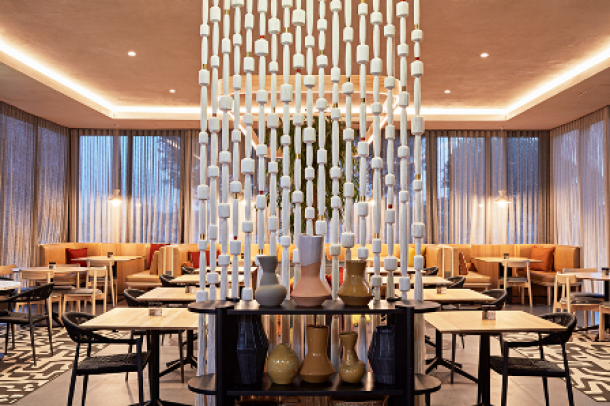Bringing spazas into 21st century
South Africa’s spaza ecosystem is growing by leaps and bounds, which is opening up huge opportunities, despite the sector being largely informal, say Tobile Zenani and Mlamli Papu from Gugulethu in Cape Town.
Their mission: disrupting the landscape by building 500 000 multipurpose, tax-compliant and digitally driven spazas over the next five years, which, they hope, will create millions of jobs.
In South Africa’s retail industry, the spaza sector is one of the best performers in terms of growth.
A study last year by market research agency Nielsen shows that the proportion of South Africans who shopped at formal trade outlets such as supermarkets and at traditional stores such as spazas grew from 45% to 53% between 2015/16 and 2016/17.
Sales from urban spazas jumped by 13.4% in 2016/17, which is considerably higher than the growth rates recorded at hypermarket and supermarket level (4.8% and 8.6%, respectively) over the same period.
While impressive, the impact of South Africa’s spaza sector could be much more profound.
The fact that most outlets operate informally, contributing little in taxes, is one of the culprits.
Entrepreneurs Zenani and Papu want to change this with their new spaza franchise venture, which intends to build 500 000 tax-compliant, modern and digitally driven spaza stores across the country.
“We will start with 50 stores per month. From June onwards, we will build 1 000 spazas every month,” says Zenani, adding that the department of trade and industry has provided support for the first 1 000 stores, and the first mSpaza store would open its doors in Khayelitsha on March 7.
What makes mSpaza’s outlets different is that they are able to compete with conventional supermarkets in terms of pricing, convenience and product offering.
“Most traditional spaza owners buy their stock from supermarkets and wholesalers, after which they add a mark-up. This makes spaza-bought groceries very expensive,” says Zenani, noting that mSpaza’s outlets will compete with large retailers because they will make use of the same supply chains.
“By cutting out the middlemen, we can offer our customers the same prices as other retailers.”
In terms of aesthetics, safety and internal processes, all mSpaza stores will feature sliding doors, cameras and roller gates.
Electricity will be solar powered and all internal processes will be done digitally.
“Our shops will be linked to the same centralised ordering, stocktaking and book-keeping system,” says Papu.
“Everything will happen digitally. We are bringing spazas into the 21st century.”
From a macroeconomic development point of view, the biggest difference mSpaza outlets will make is that they will be tax compliant.
“This is non-negotiable,” says Zenani.
“We’ll give every prospective owner the necessary business training and assistance – from how to order stock to keeping the books. We have developed a manual for this. The training will take approximately two months.”
Aside from offering township communities across South Africa access to 21st-century stores that stock cost-competitive products and drive economic growth at township level, Papu and Zenani – who will take a cut of the profits to pay their own bills – hope to create millions of jobs.
“Our spazas comprise a grocery and a money market segment, where one can send and receive money, buy funeral policies and have access to other financial services,” Zenani says.
“Each store will employ two managers – one for each segment – two sales representatives, who will go door to door to promote their shop’s products and service offerings, and a back-end employee, who will be responsible for taking stock, keeping the books and processing orders,” Zenani says.
“Based on our model, we could create 2.5 million jobs within five years, over and above indirect jobs.”
News Category
- International retailers
- On the move
- Awards and achievements
- Legislation
- Wine and liquor
- Africa
- Going green
- Supplier news
- Research tools
- Retailer trading results
- Supply chain
- Innovation and technology
- Economic factors
- Crime and security
- Store Openings
- Marketing and Promotions
- Social Responsibility
- Brand Press Office
Related Articles

Checkers online shopping bonanza

SPAR eyes acquisitions to take on Shoprite

Coca-Cola Beverages South Africa appoints Rakes...

Woolworths starts selling Apple products, lapto...


